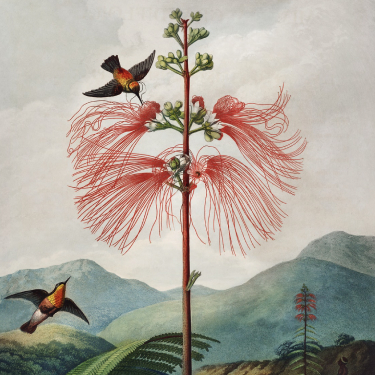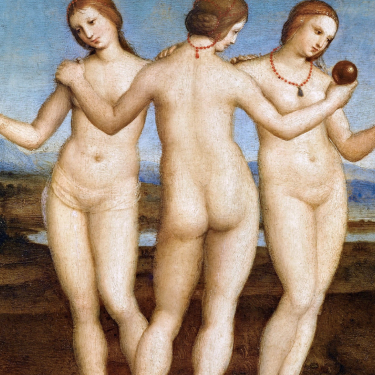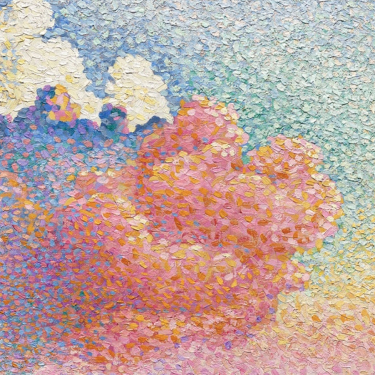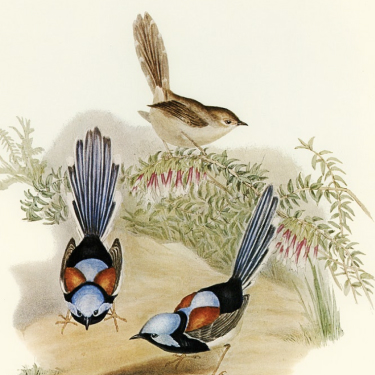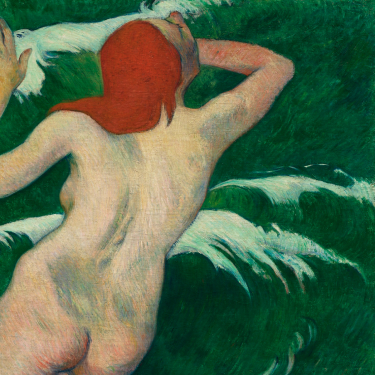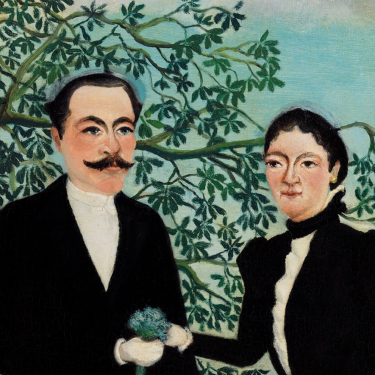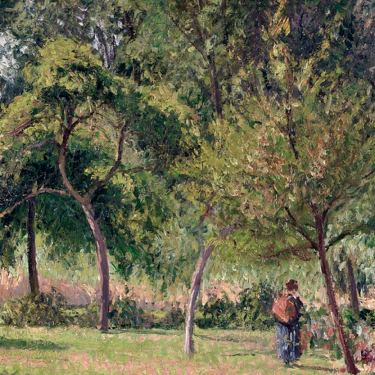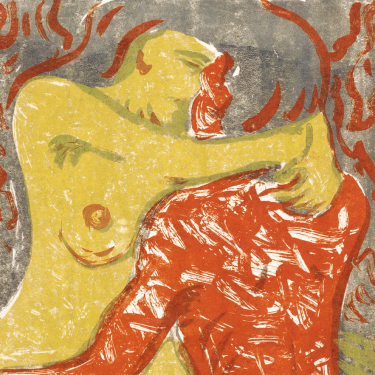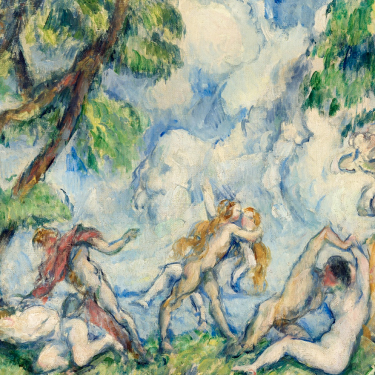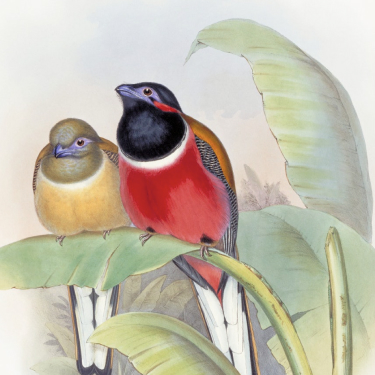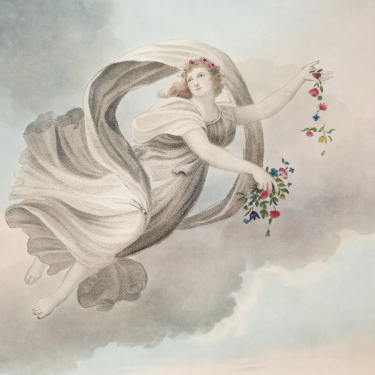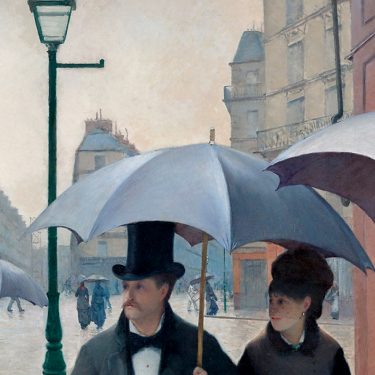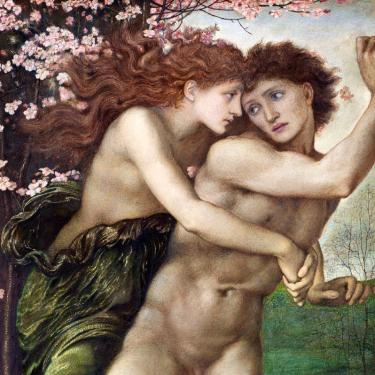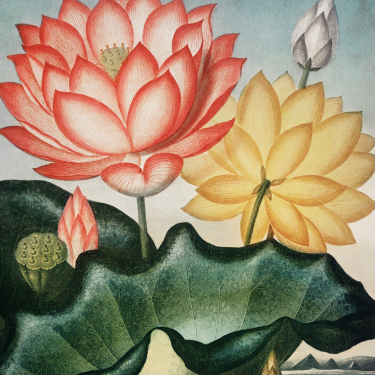The Wild Heart
LOVE
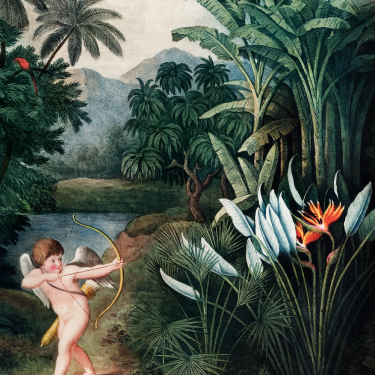
IDCF
Quick definition
Romantic and fun-loving. Value spontaneity in relationships. Self-assured and confident. Don’t need to fall into long-term relationships.
Find your score on over 100 traits on Dimensional.
Download
Description
IDCFs are characterized by their strong sense of self and an unyielding desire for personal freedom and space within relationships. This need for independence, however, does not preclude them from engaging in deeply imaginative and idealistic romantic pursuits. They envision relationships as adventures to be shared, where both partners support each other's individual dreams and explorations. This archetype is adept at maintaining a delicate balance between their own needs for autonomy and their desire for a meaningful connection that transcends conventional romantic expectations.
In the dating phase, IDCFs are attracted to partners who stimulate their imagination and share their thirst for adventure, yet respect their need for independence. They may shy away from relationships that seem too constricting or traditional, fearing loss of their autonomy. In long-term relationships, IDCFs strive to keep the flame of adventure alive, seeking new experiences and challenges to tackle together with their partner, all while ensuring that both individuals have the space to grow independently.
Opposite type
IDCFs are the opposites of TPAEs.
Desires
- A partner who values and respects their need for independence.
- Shared adventures and experiences that stimulate growth.
- A relationship that inspires and challenges them, intellectually and emotionally.
- Maintaining their own interests and friendships outside the relationship.
Fears
- Losing their sense of self or autonomy in a relationship.
- Stagnation and routine dulling the spark of adventure in their lives.
- Being misunderstood or pressured to conform to traditional relationship norms.
Inner psychology
IDCFs' strong inclination towards independence is likely rooted in their early experiences that valued self-reliance and personal achievement. Growing up, they might have been encouraged to explore, be curious, and develop a strong sense of identity separate from others. This foundational belief in autonomy shapes their approach to relationships, where they seek partners who complement rather than complete them. Their dreamy nature suggests a rich inner world, fueled by a desire not just for experiences but for meaningful connections that respect their boundaries. The balance they seek between independence and connection might also reflect a deeper understanding that true intimacy does not require sacrificing one's self but rather, celebrating two wholes coming together.
Distribution of user scores
0
25
50
75
100
Other Archetypes in Love
Opposite
In(T)erdependent
(I)ndependent
(D)reamer
(P)ragmatic
(C)entered
(A)nxious
(E)motion & stability
(F)un & stimulation
Strengths
- Self-reliance: Their independence is both a strength and a pillar of their identity, enabling them to maintain healthy boundaries.
- Adventurous Spirit: They bring excitement and novelty to relationships, always looking for new ways to grow and explore.
- Creativity: Their imaginative outlook on life and love can turn everyday moments into adventures.
Challenges
- Fear of Confinement: Their desire for independence might make them wary of deep commitment, fearing it might restrict their freedom.
- Balancing Dreams with Reality: Their idealistic nature might sometimes clash with the realities of a relationship, leading to disappointment.
- Communication: They may struggle to articulate their need for space without alienating their partner.
Traits in an ideal partner
- Independence: Someone who has their own passions and interests, and doesn't rely solely on the relationship for fulfillment.
- Adventurousness: A willingness to explore and try new things, both as individuals and together.
- Understanding: Patience and comprehension of IDCF's need for space and autonomy, without taking it personally.
Advice for healthy relationships
IDCFs would benefit from embracing open and honest communication about their needs and expectations from the outset. Establishing and respecting boundaries is crucial, as is finding joy in both shared and separate experiences. They should seek to understand their partner's desires for closeness or independence and find common ground that satisfies both parties. Encouraging and supporting each other's individual pursuits can strengthen their bond, making the relationship a source of inspiration rather than constraint. Learning to appreciate the moments of connection and understanding that independence does not equate to emotional distance can help IDCFs build deeper, more meaningful relationships.
At their worst
When their fears of confinement and loss of identity dominate, IDCFs can become distant, aloof, or overly guarded in relationships. They might avoid deeper emotional commitments or struggle to fully open up, leading to feelings of isolation or misunderstanding from their partner. Their quest for independence can inadvertently push others away, depriving them of the very connection they seek but fear might entrap them.
At their best
At their best, IDCFs are dynamic, inspiring partners who enrich their relationships with creativity, adventure, and an unwavering respect for mutual independence. They manage to weave together a tapestry of shared experiences and personal growth, creating relationships that are both exciting and deeply fulfilling. Their ability to maintain their identity while being committed partners showcases a mature understanding of love that celebrates both togetherness and individuality.
